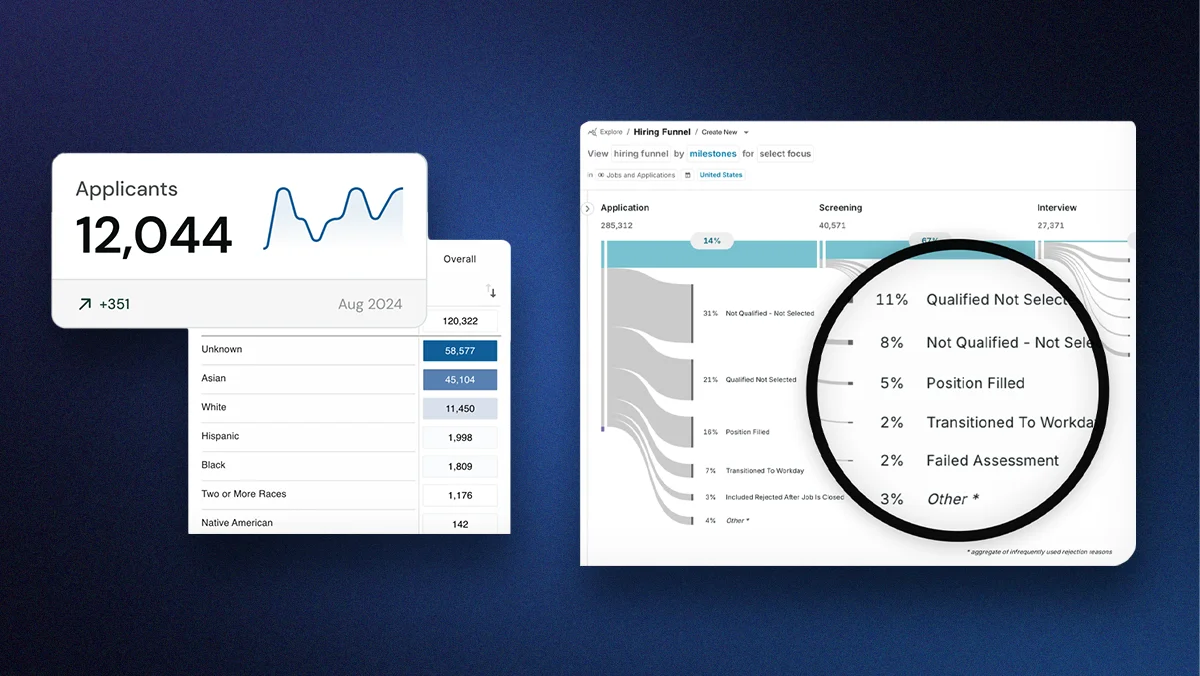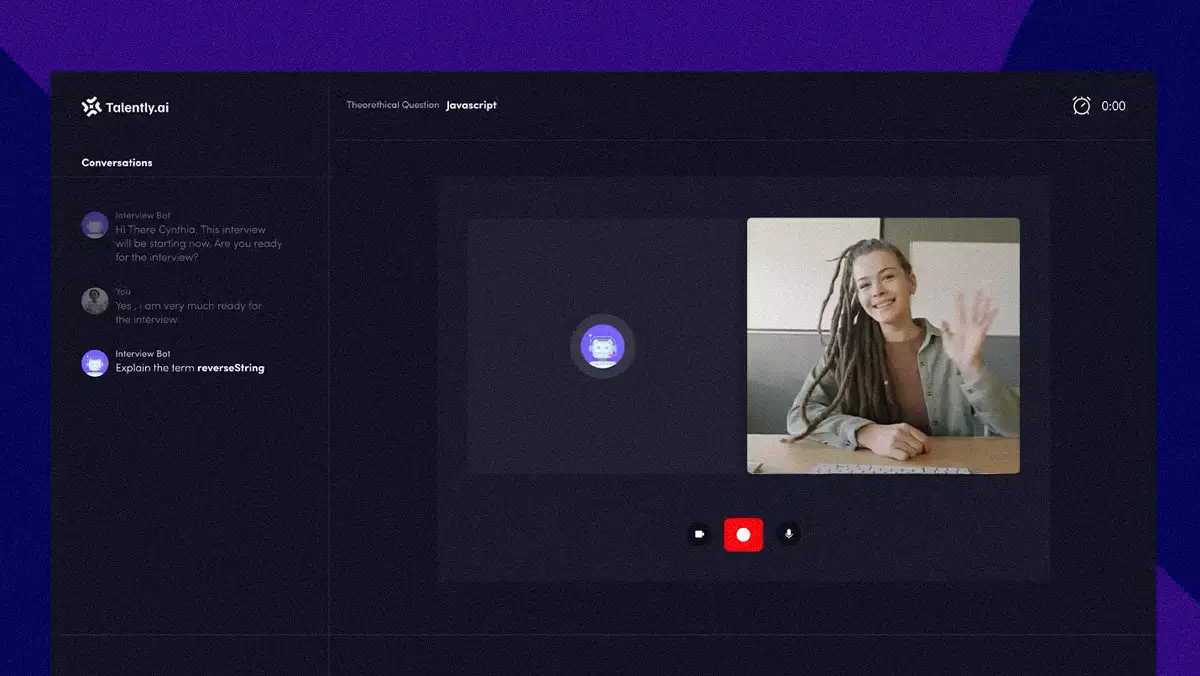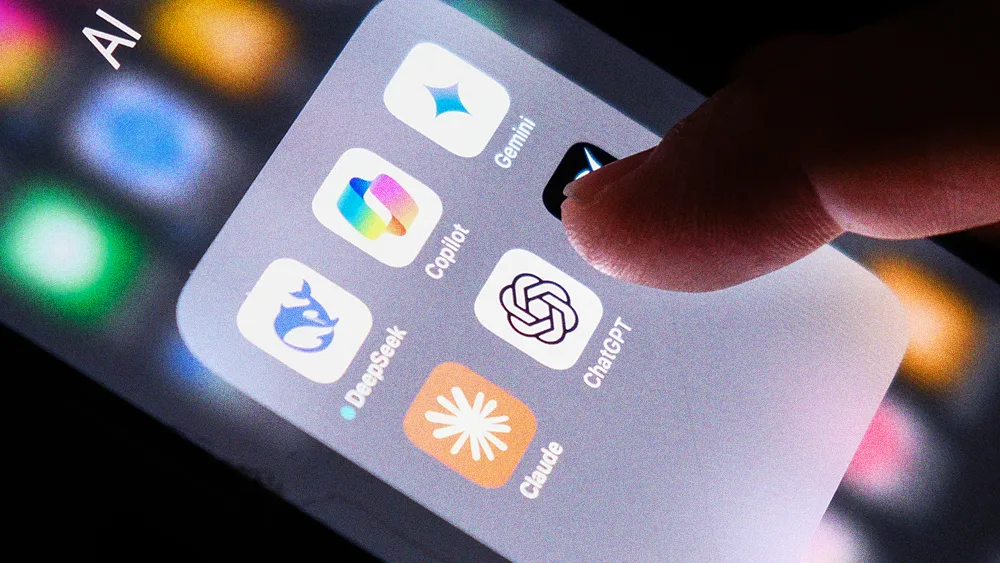From data shy to data driver, HR leaders are adopting AI to stay ahead

Key Points
HR leaders must master data to maintain strategic influence in the AI era, says Laura Close, Co-Founder of Included AI.
Shifting to AI in HR involves not just technical skills but a mindset change towards collaboration with new tools and processes.
AI adoption can elevate HR from a reactive role to a proactive business driver.
There is a real pathway here for HR to move from cost center to business driver, and that is with the augmentation of HR policies and practices with data-driven insights.

Laura Close
Co-Founder and Chief Business Development Officer
Included AI
The talk of AI transforming HR often centers on automation and efficiency. But the real crucible for HR leaders isn’t about new tools—it’s about mastering data as the undeniable currency of influence, or forfeiting their seat at the strategic table.
Laura Close is Co-Founder and Chief Business Development Officer at Included AI, an AI-native platform that improves HR data and decision-making processes. She brings over two decades of experience in DEI and integrating data-driven strategies into HR practices.
Missing from the table: Close observes a stark reality: “Too often, CHROs and HR executives find themselves the last to be invited to the mindshare, the last to the executive table.” This exclusion, she explains, frequently stems from a lack of a firm grasp on their own data, hindering HR’s ability to “keep up and participate in this new era of work.”
Claiming a seat: To reclaim that seat and navigate the wider AI shift, strong “data leadership” is vital, Close emphasizes. This imperative is shaping how HR engages with AI; while some companies explore dramatic organizational shifts like merging tech and HR, she suggests the prevailing trend is leaders seeking guidance on applying AI to get real results. “The opportunity is for HR to lead the AI shift inside of our workplaces because HR sits over how we do work, what our experience of work is,” she notes. Indeed, many CHROs, Close finds, are now “kicking off their AI journey with purpose-built tools around their data set and using AI as their gateway to becoming more data-driven.”
Help wanted: Beyond leadership, upskilling the workforce for an AI-augmented future demands more than technical training—it requires a profound mindset shift. “I think the biggest challenge CHROs are facing is supporting their staff as they become their most expert selves,” Close states. She poses a deeper, more philosophical question: “When we talk about each one of us operating with AI agents, what we’re talking about is each one of us getting staffed, each one of us receiving help. Are you ready to have a team? Are you ready to accept help?” This view transforms AI adoption from a threat into an invitation: leverage support to elevate personal expertise.
HR in the driver’s seat: Embracing AI and data empowers HR to transcend its traditional perception. “HR for a long time has been seen as a cost center,” Close acknowledges. “There is a real pathway here for HR to move from cost center to business driver, and that is with the augmentation of HR policies and practices with data-driven insights.” With this change, HR can move from a reactive, transactional function to a “proactive entity that can get out ahead of trends and change the resourcing that’s happening in these areas.”
The opportunity is for HR to lead the AI shift inside of our workplaces because HR sits over how we do work, what our experience of work is.

Laura Close
Co-Founder and Chief Business Development Officer
Included AI
The opportunity is for HR to lead the AI shift inside of our workplaces because HR sits over how we do work, what our experience of work is.

Laura Close
Co-Founder and Chief Business Development Officer
Included AI
Related articles
TL;DR
HR leaders must master data to maintain strategic influence in the AI era, says Laura Close, Co-Founder of Included AI.
Shifting to AI in HR involves not just technical skills but a mindset change towards collaboration with new tools and processes.
AI adoption can elevate HR from a reactive role to a proactive business driver.

Laura Close
Included AI
Co-Founder and Chief Business Development Officer

Co-Founder and Chief Business Development Officer
The talk of AI transforming HR often centers on automation and efficiency. But the real crucible for HR leaders isn’t about new tools—it’s about mastering data as the undeniable currency of influence, or forfeiting their seat at the strategic table.
Laura Close is Co-Founder and Chief Business Development Officer at Included AI, an AI-native platform that improves HR data and decision-making processes. She brings over two decades of experience in DEI and integrating data-driven strategies into HR practices.
Missing from the table: Close observes a stark reality: “Too often, CHROs and HR executives find themselves the last to be invited to the mindshare, the last to the executive table.” This exclusion, she explains, frequently stems from a lack of a firm grasp on their own data, hindering HR’s ability to “keep up and participate in this new era of work.”
Claiming a seat: To reclaim that seat and navigate the wider AI shift, strong “data leadership” is vital, Close emphasizes. This imperative is shaping how HR engages with AI; while some companies explore dramatic organizational shifts like merging tech and HR, she suggests the prevailing trend is leaders seeking guidance on applying AI to get real results. “The opportunity is for HR to lead the AI shift inside of our workplaces because HR sits over how we do work, what our experience of work is,” she notes. Indeed, many CHROs, Close finds, are now “kicking off their AI journey with purpose-built tools around their data set and using AI as their gateway to becoming more data-driven.”

Laura Close
Included AI
Co-Founder and Chief Business Development Officer

Co-Founder and Chief Business Development Officer
Help wanted: Beyond leadership, upskilling the workforce for an AI-augmented future demands more than technical training—it requires a profound mindset shift. “I think the biggest challenge CHROs are facing is supporting their staff as they become their most expert selves,” Close states. She poses a deeper, more philosophical question: “When we talk about each one of us operating with AI agents, what we’re talking about is each one of us getting staffed, each one of us receiving help. Are you ready to have a team? Are you ready to accept help?” This view transforms AI adoption from a threat into an invitation: leverage support to elevate personal expertise.
HR in the driver’s seat: Embracing AI and data empowers HR to transcend its traditional perception. “HR for a long time has been seen as a cost center,” Close acknowledges. “There is a real pathway here for HR to move from cost center to business driver, and that is with the augmentation of HR policies and practices with data-driven insights.” With this change, HR can move from a reactive, transactional function to a “proactive entity that can get out ahead of trends and change the resourcing that’s happening in these areas.”




